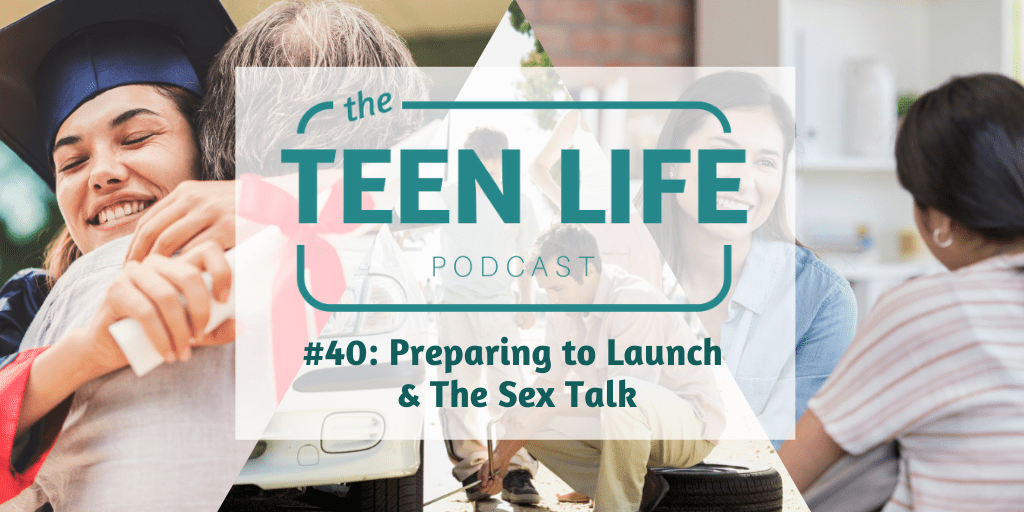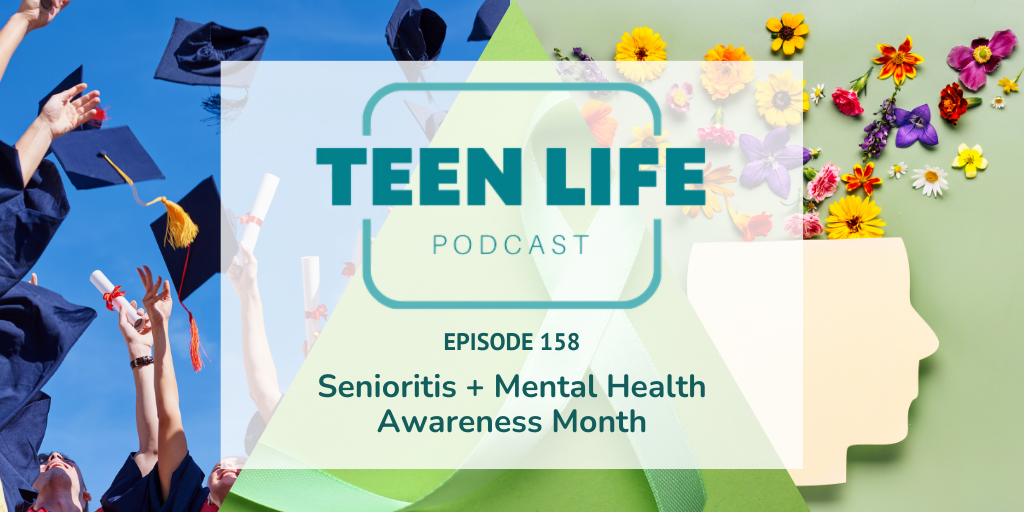
5 Ways to Help Teens Prepare for the Future
The teen years are a critical time to prepare for the future. So how can we help?
I love this time of year, the time when crayons are on sale and my newsfeed is filled with pictures of forced-smiling students in backpacks. Every year when August rolls around, I like to drag out my old pictures and reflect on all of my FDOS (First Days of School).
I think back to when I was in Kindergarten and was so excited to be in “big kid school” with my new backpack and friends, but I promptly fell asleep when I got home due to all that excitement.

I will probably never forget my first day of Middle School…the nerves and anxiety of wondering if I would remember my locker combination, who I would sit by at lunch, and if I would survive the mature and much cooler 8th graders. I do not look back on this day with super warm-fuzzys.
I definitely remember my first day of Senior year! This year came with fewer nerves and doubts. By this time, I knew what to expect and where I stood, so this FDOS was full of excitement, anticipation, and hope.

If we are being honest, as many FDOS as I had in elementary, middle, and high school, it is that first day (and week) of college that sticks out the most to me. Just like in kindergarten, I had a new backpack, new friends, and a brand new environment. I was missing home but was both nervous and excited for what the next four years would bring. However, more than anything else, I felt prepared; I knew that all the other “Firsts” were leading up to this big one.
5 ways to help teens prepare for the future…
As the first day of school comes and goes each year, whether you are a teacher, have a baby at home, just walked your kindergartener into their first class, or dropped your college student off in a strange town, your goal is for the students in your life to make it to that “Last First Day.” While supporting kids with the end in mind (hopefully that they will grow up, move on, and become successful adults), there are several things you can do to help them prepare for the future and the hardest part – the leaving.
1. Encourage and equip at every stage.
While we don’t want to force kids to grow up too fast, it is important that we also instill confidence from the time they step into elementary school to their last day of college. Don’t ever ask, “Do you really think you are ready for this?” If they feel prepared and that you are cheering them on at every step, that transition is so much easier!
If you do have questions about decisions or new stages they are entering, try asking things like:
- How are you feeling about ___?
- I can see you’ve been preparing for this! Walk me through your thought process.
- I am so proud of you! Is there anything I can do to help you?
2. Slowly release the reigns.
Kids need boundaries, especially the teenager types! However, they also need to begin to explore and regulate their boundaries before they are completely on their own. The goal is that the first time they are making their own choices and boundaries shouldn’t be when they are on their own, potentially without the guidance of trusted adults.
When they first get their car, make their curfew a little stricter than necessary so you can relax that limit as they approach their senior year. Give more responsibilities, show more trust, and pry less as they get older. Design lessons so that they have to show more responsibility to succeed. This shows that you trust them and allows them to excel (or fail) for the first time in a safe environment, not when are they living in a dorm room 1,000 miles away or starting their first job.
3. Ask about their hopes and dreams.
Ask students about their future and what they hope to accomplish in college, after college, and beyond. By doing this, you are encouraging them to think about their goals and what it will take to get there. I have yet to meet a teenager without a dream for their future, but this future can seem far away for the 6th grader who just wants to be popular or the junior in high school who can’t seem to pass Physics. Give them motivation now and the expectation that, one day, they will have their own plans outside of what their parents, coaches, and teachers have laid out.
4. Affirm and empower them to succeed.
At Teen Life, we believe that every teenager has gifts and strengths. They are capable of succeeding and thriving! You probably believe this too, but have you vocalized it to the teens in your life? As you make choices, design assignments, and set boundaries, communicate the “why” behind it. Tell them what you hope for their future and how you are trying to prepare them.
You can also speak positive affirmations over them like:
- You are good enough
- You are prepared
- It is okay to ask for help
- I believe in you
- I am proud of you
- You are a good person
5. Prepare yourself.
The greatest way to help teens prepare for the future is to prepare yourself. Take pictures, cry as they drive themselves to school for the first time, and force them to participate in family game nights, but don’t lose sight of the dreams and goals you have for them. Parent with the end in mind, knowing that they will leave and that is good.
For our school people, you know all too well that the students in your classroom will move on every year. That doesn’t make it any easier though – especially when you feel particularly close to a group of students.
Instead of making them feel guilty for leaving you, send them off with the confidence and trust that they will excel because they are prepared.
The greatest work we can do now is to help teens prepare for the future. They are capable, strong, and brave. Don’t let them forget it!

Karlie Duke
Communications Director
Karlie Duke | Director of Communications
Karlie has always had a heart for teenagers. Through her role at Teen Life, she loves to showcase the amazing stories coming out of Support Groups, but she is especially passionate about helping adults and teenagers find connection. Karlie has a BS in Communications with a minor in Family Studies from Abilene Christian University.


